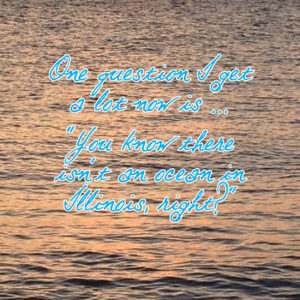 I am a volunteer for the Illinois Ocean Coalition. This is a new position for me – as my family and I recently relocated from the Washington, D.C. area to the Chicagoland area. One question I get a lot now is “You know there isn’t an ocean in Illinois, right?” As a biology and earth science teacher, I am very much aware of this. But, my role is to lead an Illinois chapter of the Inland Ocean Coalition. The Inland Ocean Coalition is based in Boulder, CO and acts as the parent organization for local Ocean Coalition chapters all around the country. Each chapter works to engage citizens in land-to-sea stewardship projects because the ocean is vital for all our lives, no matter where we live – even inland in Illinois.
I am a volunteer for the Illinois Ocean Coalition. This is a new position for me – as my family and I recently relocated from the Washington, D.C. area to the Chicagoland area. One question I get a lot now is “You know there isn’t an ocean in Illinois, right?” As a biology and earth science teacher, I am very much aware of this. But, my role is to lead an Illinois chapter of the Inland Ocean Coalition. The Inland Ocean Coalition is based in Boulder, CO and acts as the parent organization for local Ocean Coalition chapters all around the country. Each chapter works to engage citizens in land-to-sea stewardship projects because the ocean is vital for all our lives, no matter where we live – even inland in Illinois.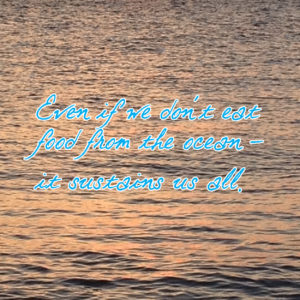
The ocean is often a dynamic presence in our minds because we find inspiration in it, we watch our children test boundaries and commit to adventure by playing in it, and we find peace and relaxation listening to it. And, as you might have guessed, I will mention it’s important because we can get loads of seafood from the ocean. In fact, it’s the largest source of protein for most of the planet. Even if we don’t eat food from the ocean – it sustains us all. There are tiny microscopic plants – phytoplankton – that float on the surface of the sea that are responsible for 50% to 70% of the oxygen for the atmosphere. That’s more than all the rainforest combined. Additionally, if it were not for the ocean absorbing a majority of the carbon dioxide in the atmosphere we would have a completely inhabitable planet. That’s right, if it were not for the ocean we would not be able to live on the planet at all. And, furthermore, the reason for such diverse and majestic ecosystems to explore – e.g., desert, tropics, polar, temperate regions – is that the ocean creates a conveyor belt, moving the warm water along the equator towards the poles and then the cold water from the poles to the equator.
Why is there such a harsh uptick in the concern for our planet? How we interact with the planet has drastically been altered in the last century and a half – for the better and for worse. Activities that our modern lives have depended upon have raised atmospheric carbon dioxide levels from 280 parts per million to 400 parts per million in the last 150 years (International Panel on Climate Change, Fifth Assessment). This change in our climate due to the industrialization of society is causing harm to our ocean and we now have a “system of unbalance” risking our own livelihoods and health.
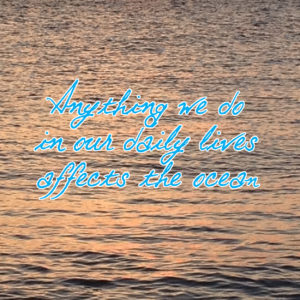 The ocean is responsible for so much greatness on the planet because it is such a great part of our planet. You might remember from high school physics that energy is neither created nor destroyed — in a closed system. Earth – as a whole – is a “closed system”. The earth as a closed system only allows energy (i.e., from the sun) across boundaries. The ocean, on the other hand, is an “open system”. Open systems allow energy and mass to pass across boundaries (e.g., where do you think the salt comes from? The erosion of rocks brings salt and is an example of this “open system” mechanism). Anything we do in our daily lives affects the ocean and creates a less habitable and tolerable “closed system” of earth.
The ocean is responsible for so much greatness on the planet because it is such a great part of our planet. You might remember from high school physics that energy is neither created nor destroyed — in a closed system. Earth – as a whole – is a “closed system”. The earth as a closed system only allows energy (i.e., from the sun) across boundaries. The ocean, on the other hand, is an “open system”. Open systems allow energy and mass to pass across boundaries (e.g., where do you think the salt comes from? The erosion of rocks brings salt and is an example of this “open system” mechanism). Anything we do in our daily lives affects the ocean and creates a less habitable and tolerable “closed system” of earth.
The Union for Concerned Scientists credits climate change for the addition of six dangerously hot days in the Chicago summers as well as a loss of cool comfortable days from 17 to nine. Other alarms for the Midwest include springs with heavier rain; winters becoming longer, colder, and less snowy; and an expansion of crop-damaging pests. Projections are that by “mid-century Chicago would experience a heat wave as hot as the 1995 Chicago heat wave every summer at least every fifth summer.” Beyond environmental conditions, climate change is also affecting social issues such as drinking water, secure shelter, and clean air. These health concerns, according to the World Health Organization, may cause 250,000 deaths from 2030 to 2050 and cost the U.S. $2-4 billion annually by the year by 2030.
Citizens from around the country, not just the coastlines, are being activated by lots of different organizations that we all know and love – Sierra Club, The Nature Conservancy, World Wildlife Federation, to work on strategies for reversing the adverse effects of climate change. But, specifically speaking to how climate change and the ocean are linked for those of us inland is the Inland Ocean Coalition. The Inland Ocean Coalition, a program of The Ocean Foundation since 2017, is committed to engaging inland communities in land-to-sea stewardship. Climate change, ocean acidification (the ocean’s mechanism for dealing with an increase in heat), microplastics, water quality, sustainable seafood are just a few of the education items on the current agenda for the Inland Ocean Coalition.
The Illinois Ocean Coalition is YOUR local chapter dedicated to increasing knowledge and an awareness of the relationship with local waterways and the ocean as well as motivating collective action and changing behavioral norms. Current programs include ongoing second Tuesday “Blue Drinks” events. The next “Blue Drinks” event features with featuring Madeline Caldwell with Shedd Aquarium on June 12th (7pm) at Buzz Café (905 S Lombard Ave, Oak Park, IL 60304) speaking on sustainable seafood choices and the “Shedd the Straw” campaign.
The Illinois Ocean Coalition is also working with ocean organizations from around the globe to celebrate the ocean on the weekend of World Oceans Day. The March for the Ocean events are a celebration of the sea (from sea to shining sea) and remind all that it’s not too late to turn the tide to protect and help restore what we love. The Illinois Ocean Coalition is planning events including a children’s event at the Wonderworks Children’s Museum (1009, 6445 W North Ave, Oak Park, IL 60302) on Friday, June 8th (10am-noon); beach clean-ups at Calumet Park on June 9th (8am-11am) and Loyola Beach on June 10th (8am-11am)
The Illinois Ocean Coalition is committed to bringing programming to Illinoisans of all ages. For more information about these events or if you would like to participate in the Illinois Ocean Coalition, please email Ann McElhatton at ann@beachchairscientist.com. Illinois Ocean Coalition is also on Facebook (/illinoisoceancoalition/). Ann McElhatton is co-lead of the Illinois Ocean Coalition and founder of the marine and freshwater environmental education program and website, Beach Chair Scientist.
 Maybe reading about the many reasons plastic sucks is not something you consider a valuable use of your time. I get it – it can be depressing. So, I ‘ collected a new way to get the news across (for you to share the message with friends and family). Since January 2017, National Public Radio has found the subject of plastics and how it affects the world valuable enough to create these ten stories. There may even be more stories at the member station level. Feel free to share in the comments section if you find one.
Maybe reading about the many reasons plastic sucks is not something you consider a valuable use of your time. I get it – it can be depressing. So, I ‘ collected a new way to get the news across (for you to share the message with friends and family). Since January 2017, National Public Radio has found the subject of plastics and how it affects the world valuable enough to create these ten stories. There may even be more stories at the member station level. Feel free to share in the comments section if you find one.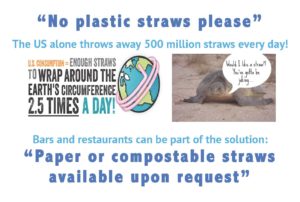

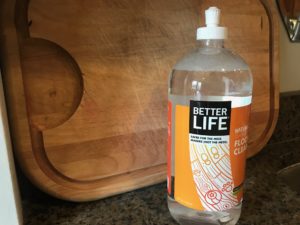 My mom is coming next week so it’s time to get serious with the floors. This stuff is magic on hardwoods and even helped get rid of some scuffs from the move (when I switched furniture six or seven times) and my dog’s paw prints. The company is based in Missouri and founded by some folks that realized floors should be clean once they had kids. They’re so right. Even though my kids aren’t crawling I’m less miserable playing on the floor with them. Join their mailing list for good deals. It’s so worth it.
My mom is coming next week so it’s time to get serious with the floors. This stuff is magic on hardwoods and even helped get rid of some scuffs from the move (when I switched furniture six or seven times) and my dog’s paw prints. The company is based in Missouri and founded by some folks that realized floors should be clean once they had kids. They’re so right. Even though my kids aren’t crawling I’m less miserable playing on the floor with them. Join their mailing list for good deals. It’s so worth it.
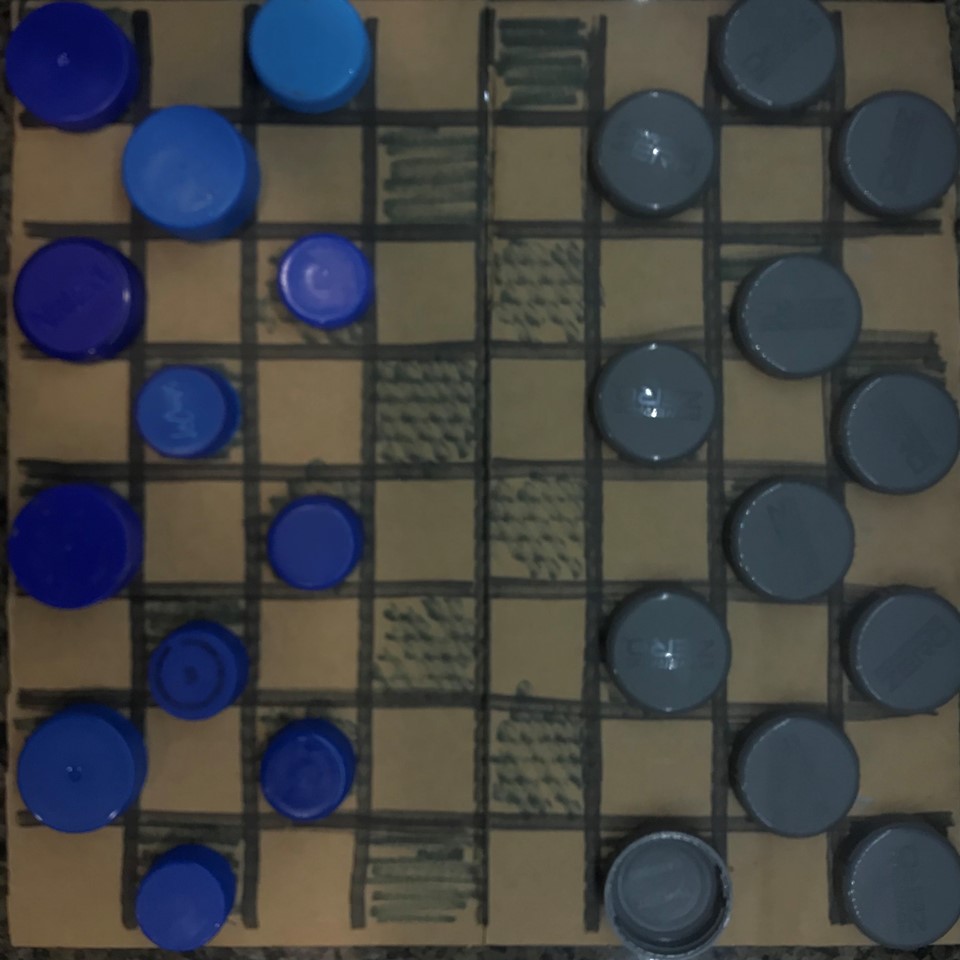
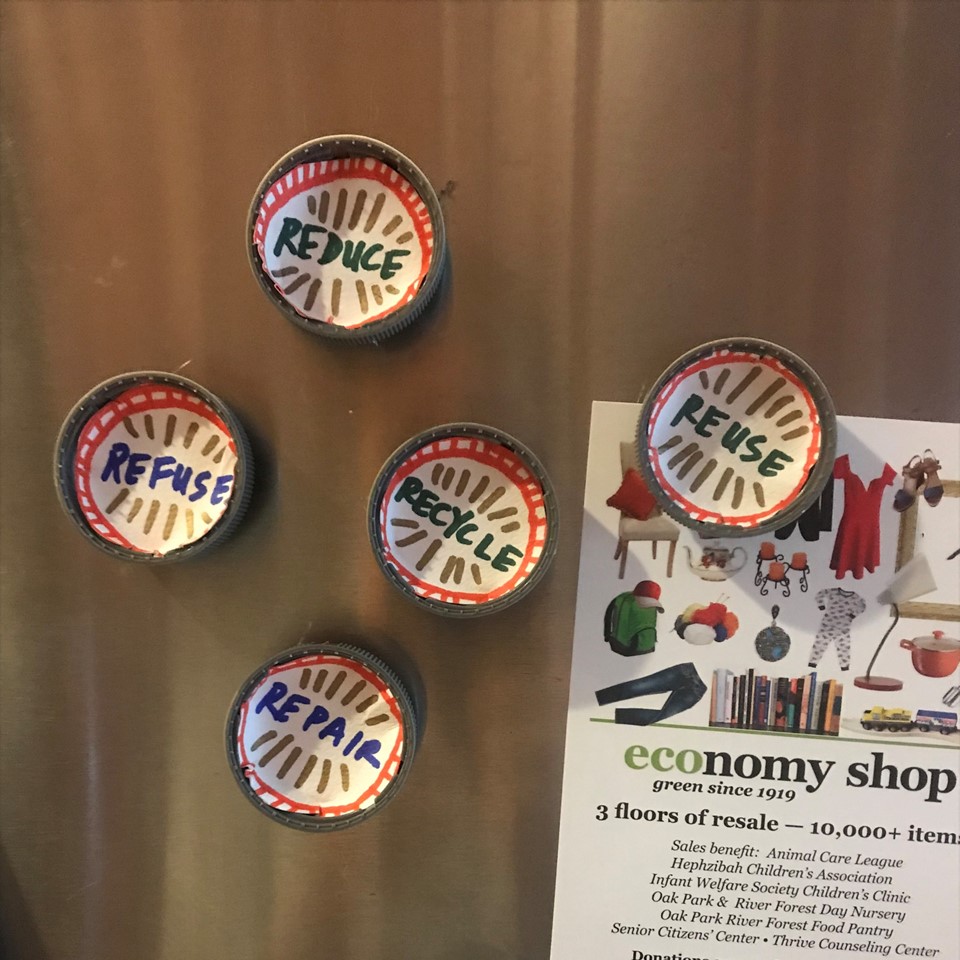
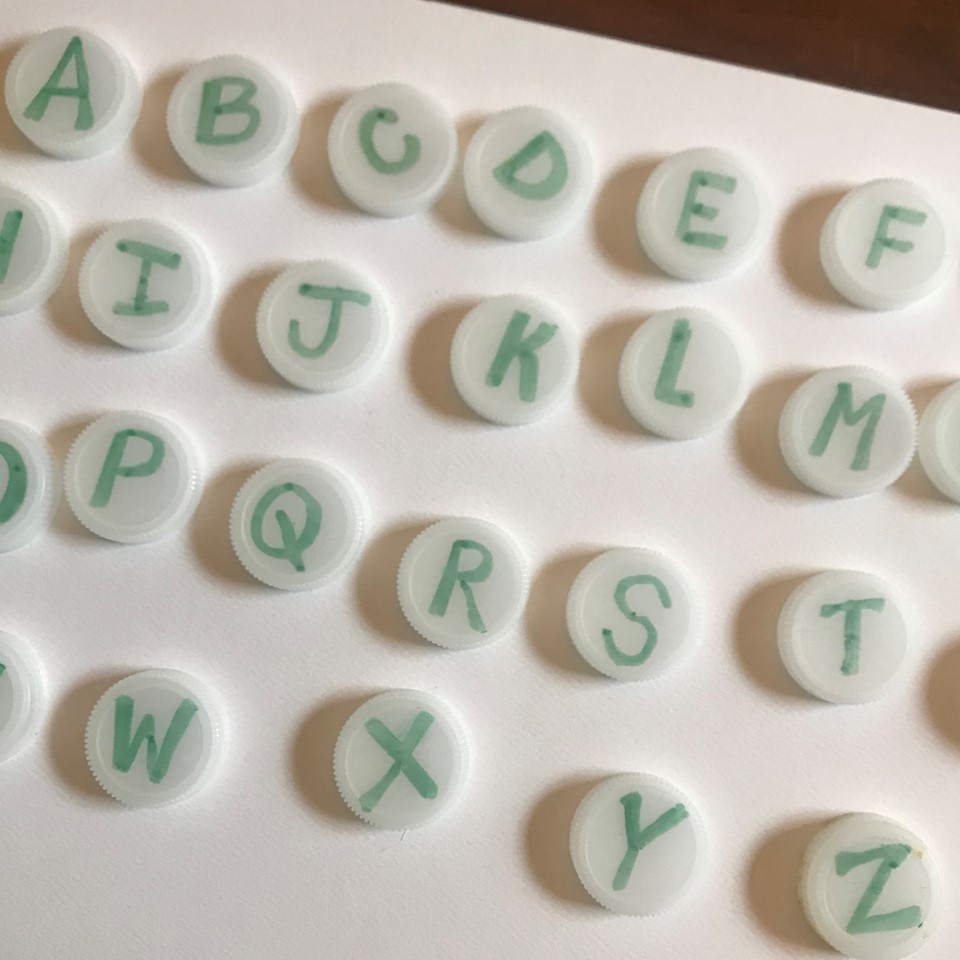
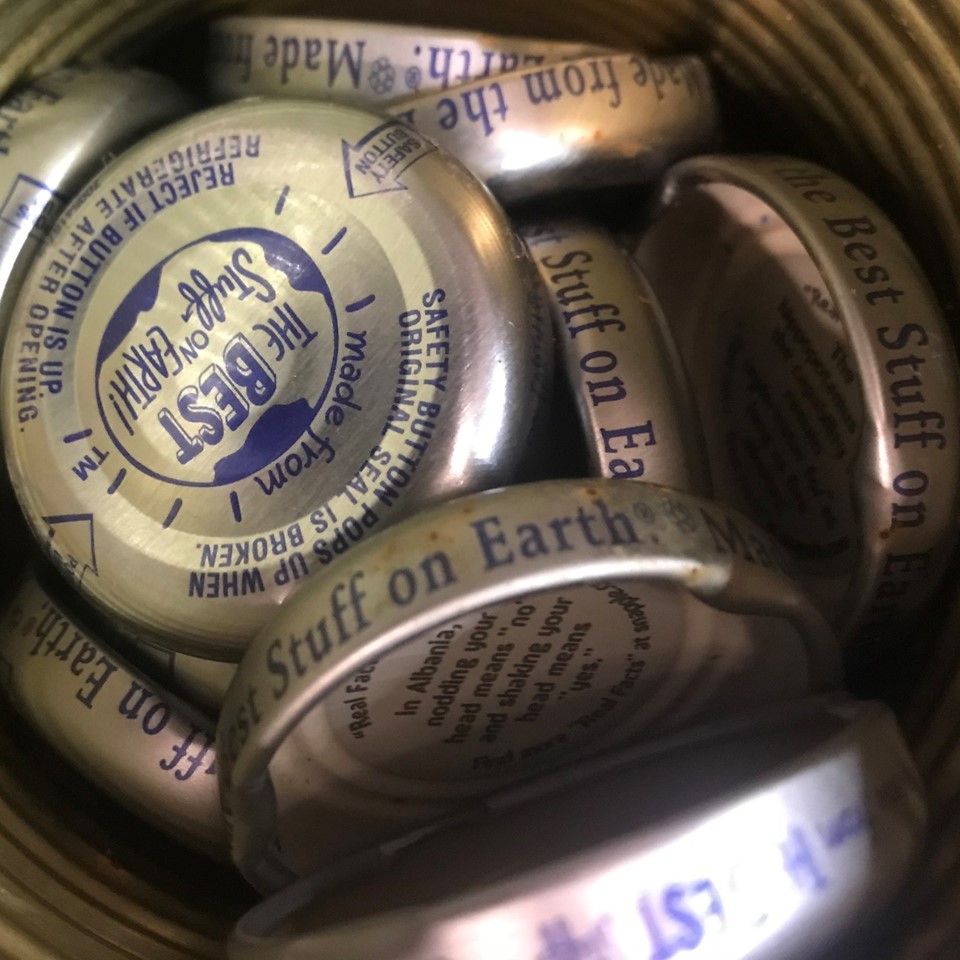
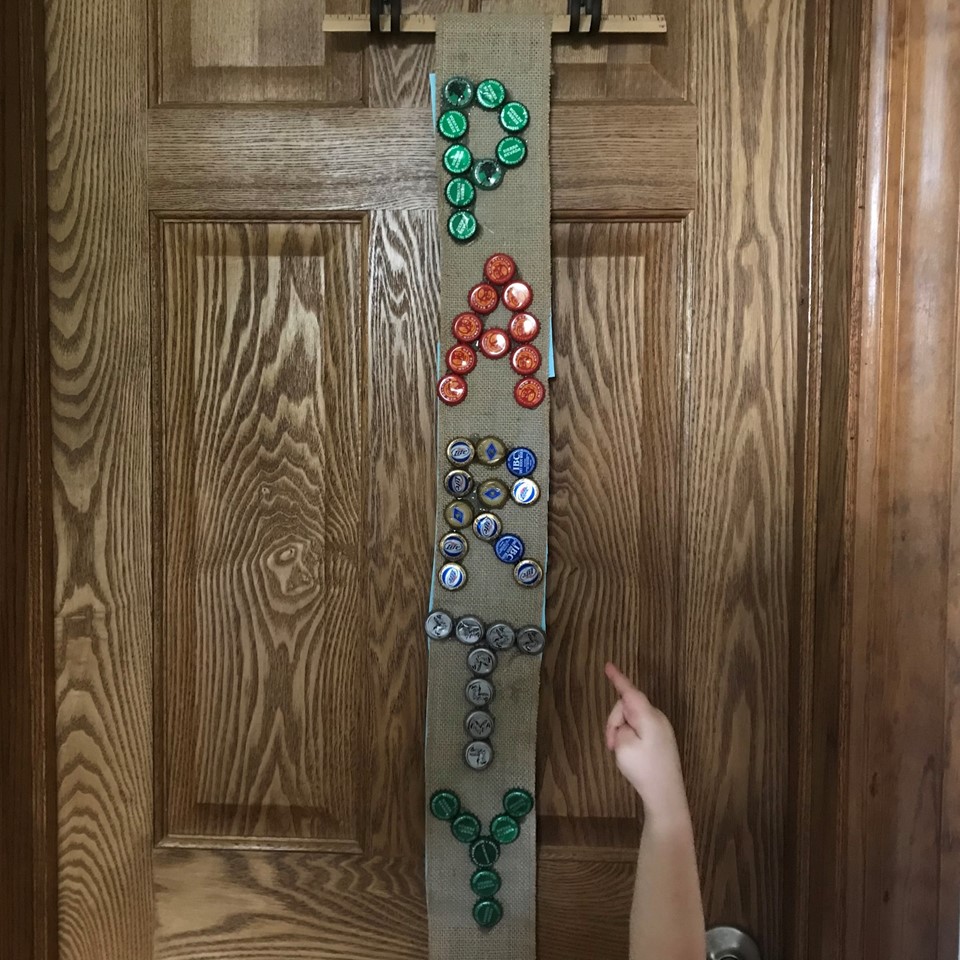
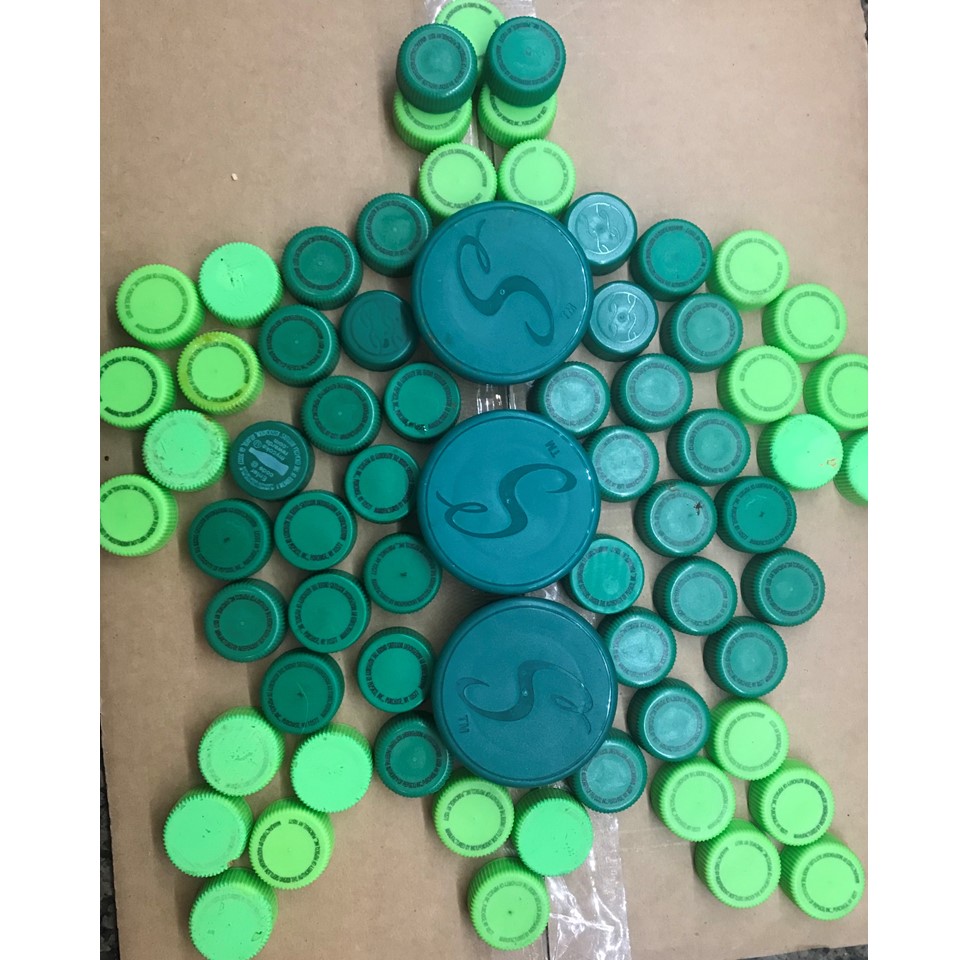
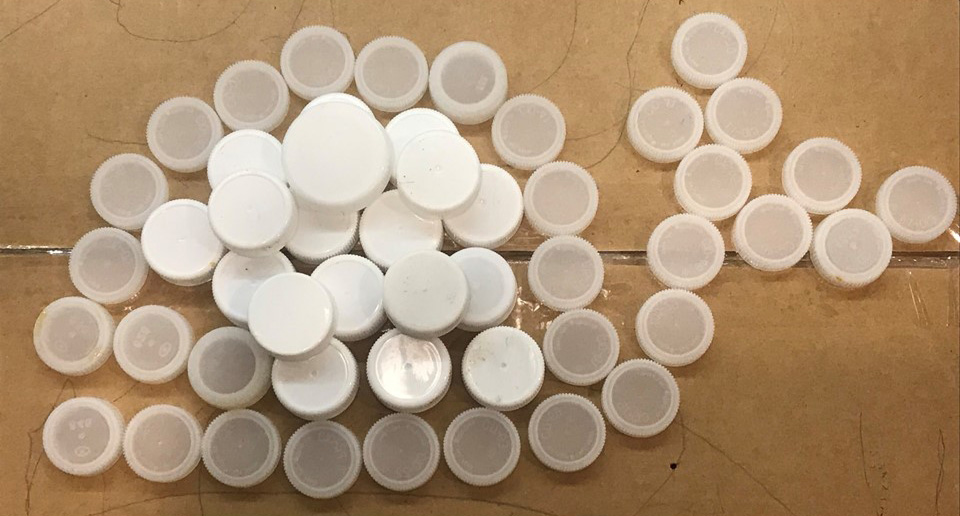
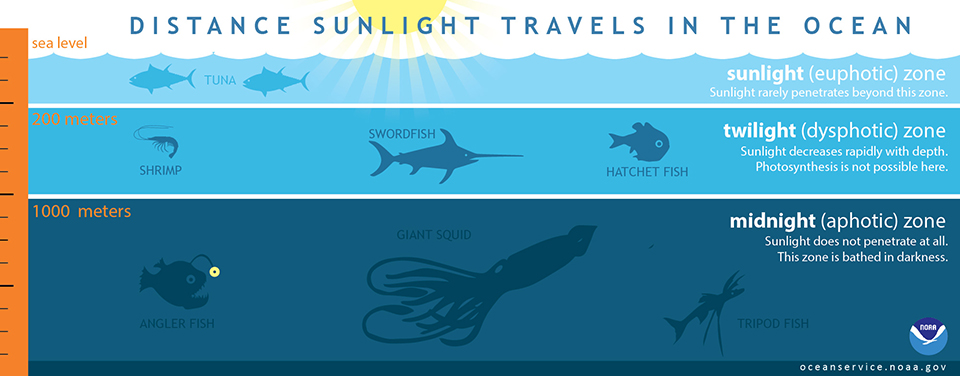
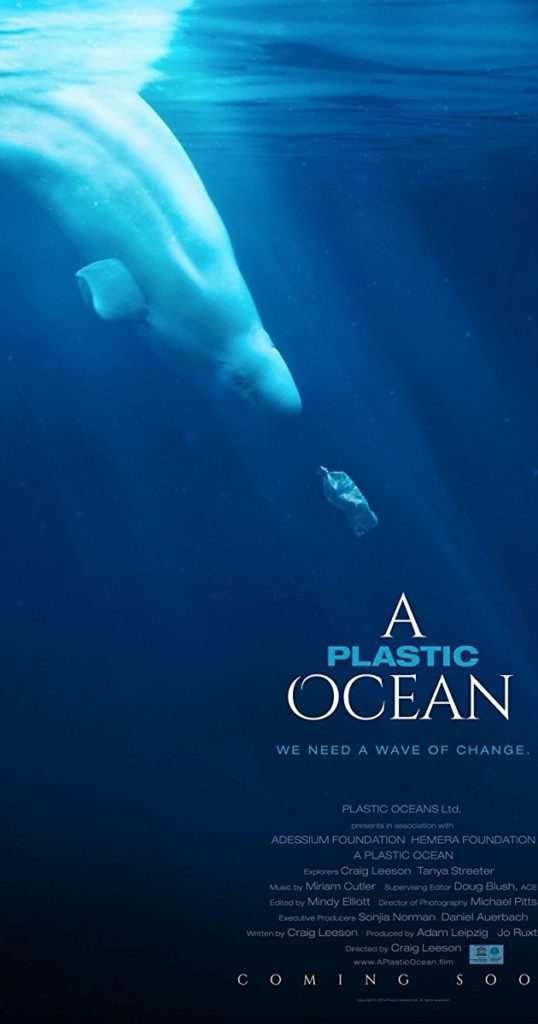

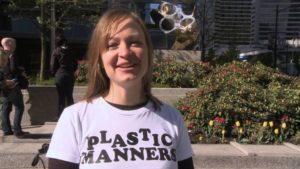
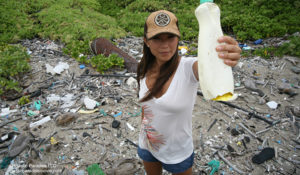
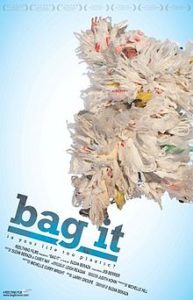 Bag It
Bag It

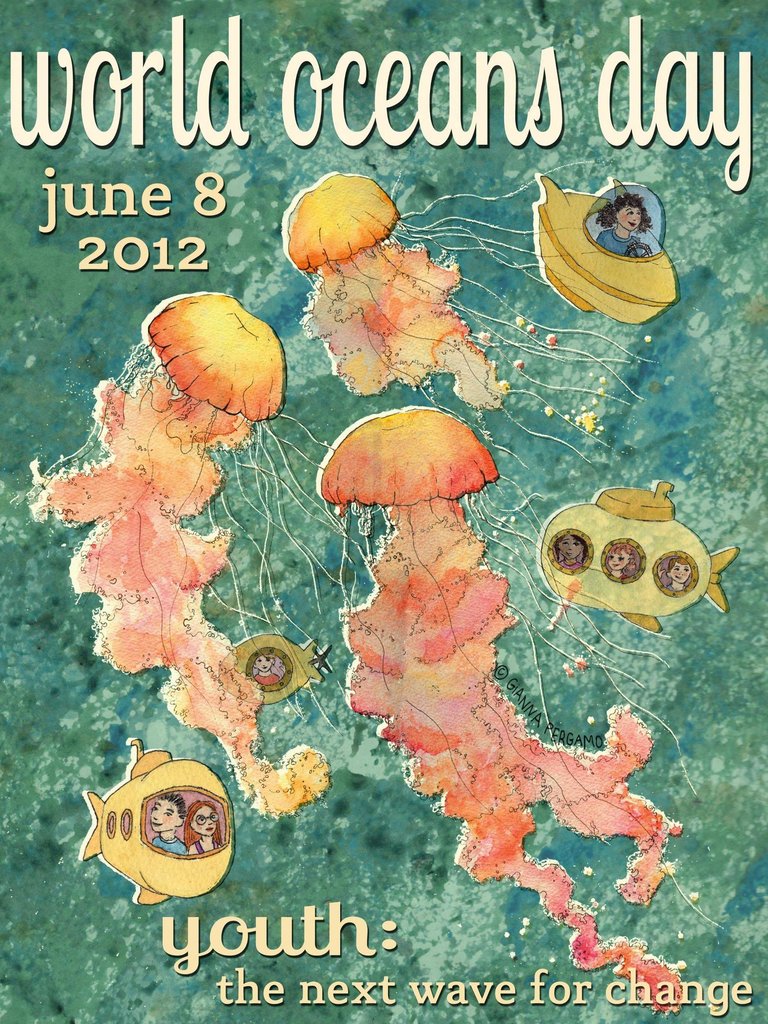

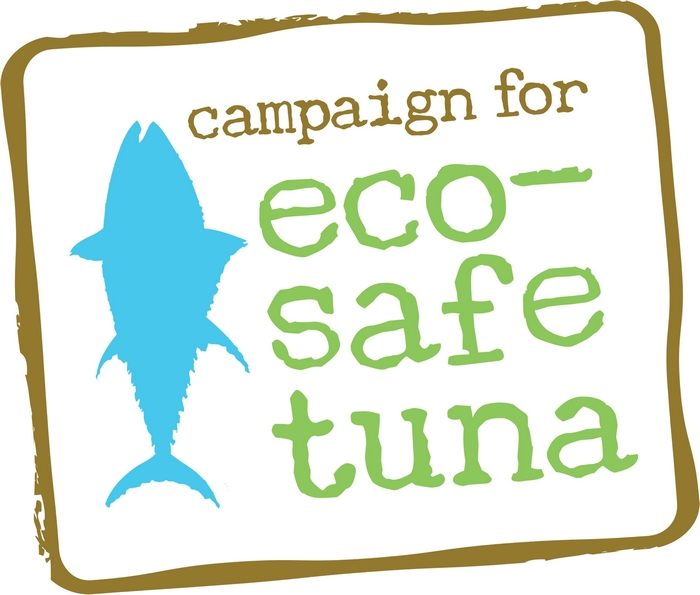


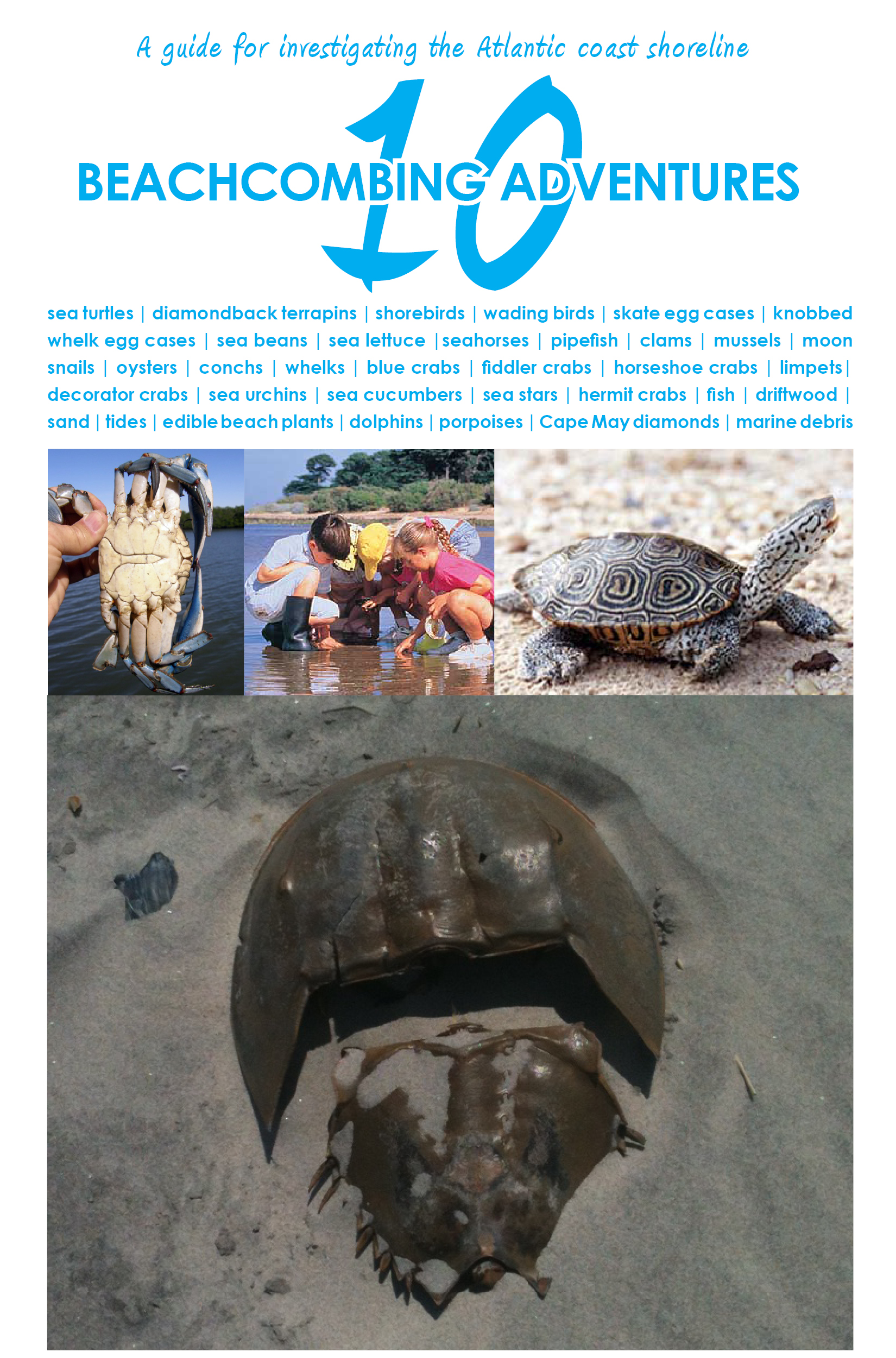
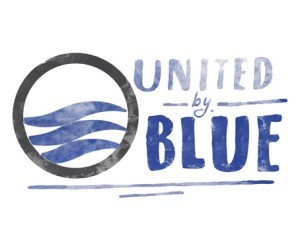
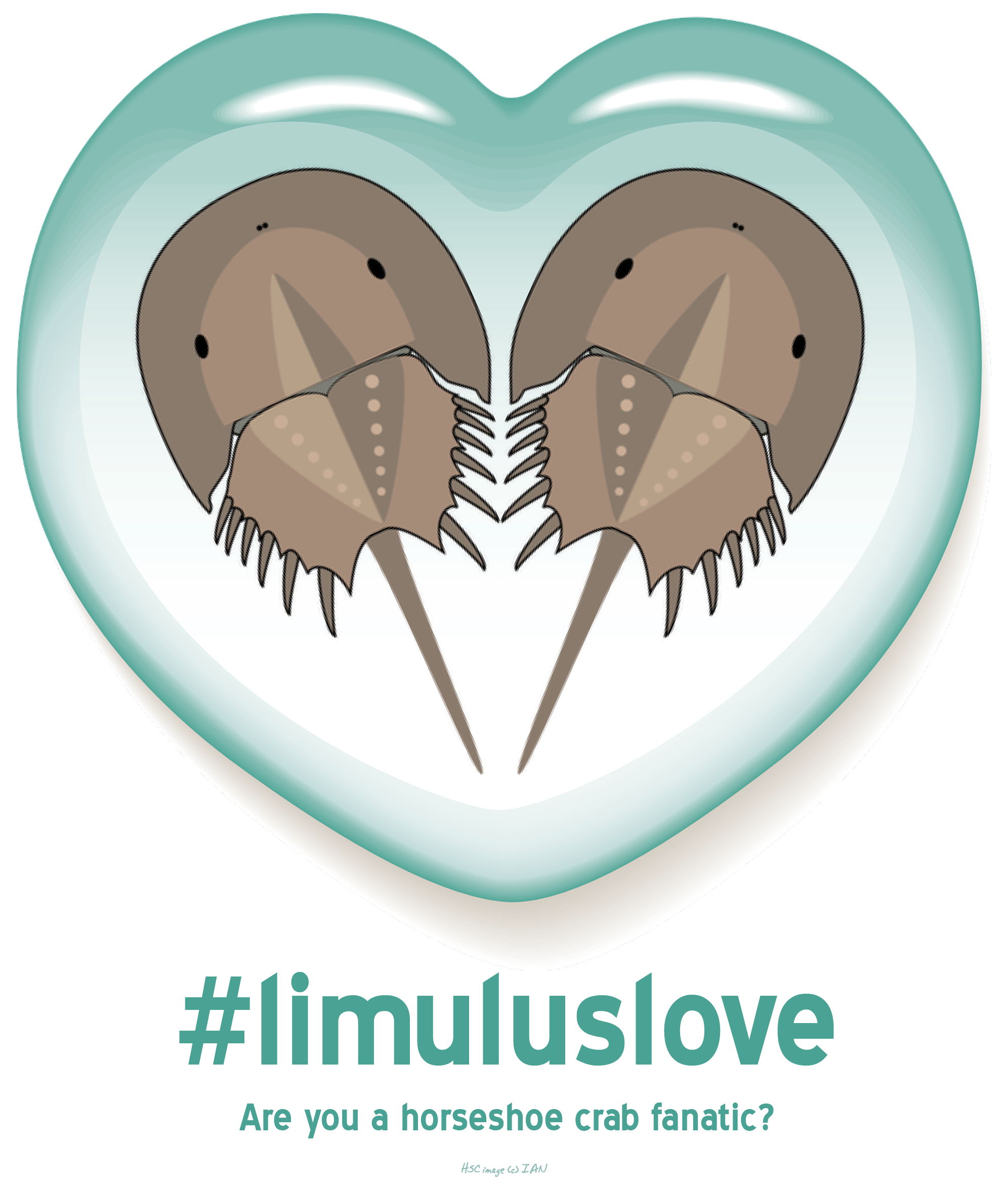
What people are saying …